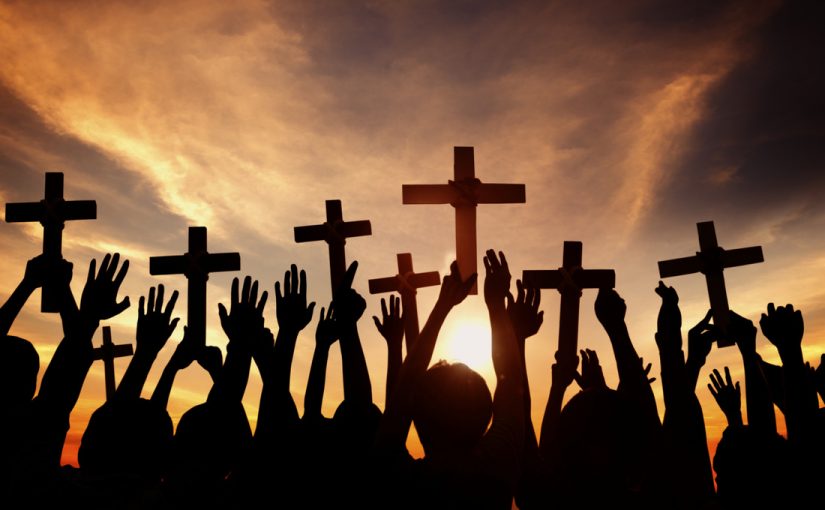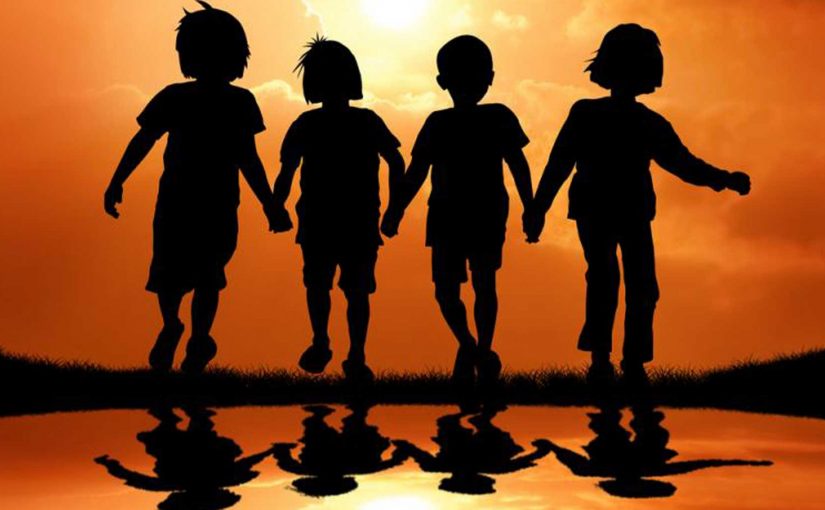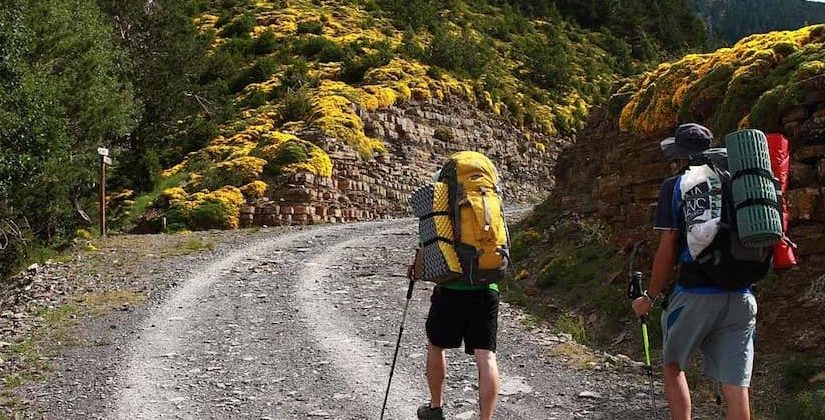I have some skin in this game.
On May 14, 2019, I celebrated the eighth anniversary of my ordination as a deacon for the Catholic Diocese of Trenton. In slang terms, I’m a collar.
As my bio states here and at dozens of other places, I’m also a husband, a father, a brother, a (forcibly retired) journalist, a photographer, and overall a lover of humanity.
God Bless Everywhere, indeed.
In some ways, that’s the simple answer to everything that’s wrong today, wrong with America, wrong with Britain, wrong with the EU, wrong with….
You know.
Wrong.
And especially, on this topic, what people perceive as wrong with clergy and religious institutions.
A cradle Catholic, with eight years of parochial school and four more of LaSallian day prep to shape me, I heard incessantly that the Church of Rome is the One True Religion™, and that believers in other religions — not “religious traditions” or “faiths” — were Damned. To. Hell.
The unquenchable fires of Gehenna.
Fire and brimstone and Cotton Mather.
But no sooner had I learned my altar boy Latin than, from an unlikely source — men in dresses with pointy hats — came the notion that the Big RC would start to acknowledge the deeply held faith of other believers.
Infidels and apostates and Israelites, oh my.
So about a half-century ago, amid Vietnam and Freedom Riders and sit-ins and Woodstock, we went from OTR™ to throw open the windows.
Praise the 9 billion Names of God!
Maybe even Groucho Marx would want to join this club, if it’s big enough to welcome him and everyone else.
Somehow, though, the windows got stuck. JP2 and B16 were short on WD-40, and Swiss Guards started checking membership cards super-closely again.
More than one collar much higher in the food chain than I has said that a certain faction in the Church prefers a smaller gathering of purists, and that the empty pews suit them just fine.
Think like us, act like us, or you’re not one of us. And we don’t want you to be.
The Vatican is not alone, though the spotlight (and Spotlight) is on the top-heavy organization that Pope Francis is trying to tame.
But as in other top-heavy groups, e.g. political institutions (and heaven knows the major denominations are political!), the real life, the real everything, is local.
We hear all the time these days that people disgusted with news out of Washington or London or Beijing are turning off the news and unplugging from FB and IG and Twitter, and reconnecting with local friends and family to restore kindness locally.
I hope I’m not naive in believing that local churches — and by church I mean the people of faith, the people of God — that local churches can involve themselves in each others’ lives and make the institution meaningful again.
Trusted again.
Beloved again.
And that that local familial bond ripples across the world, like a butterfly sneeze, caressing all God’s children. Everywhere.


 When any of us can identify such a person or — alleluia! — such people in our lives, we have the greatest gift.
When any of us can identify such a person or — alleluia! — such people in our lives, we have the greatest gift.
